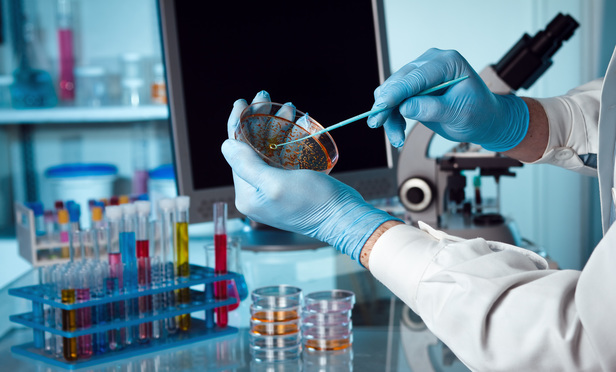When a St. Louis courthouse was the venue where three juries issued substantial verdicts this year against Johnson & Johnson and Monsanto Co., it came as little surprise to the defense bar, which has long complained about the standards under which Missouri’s courts admit scientific evidence.
From February to May, three separate juries in the city of St. Louis issued verdicts of $72 million and $55 million in cases involving women who claimed their use of talcum powder caused their ovarian cancer, and $46.5 million for three people claiming their non-Hodgkin lymphoma came from eating foods contaminated with polychlorinated biphenyls, or PCBs. Previous trials in other venues had ended in defense verdicts.
This content has been archived. It is available through our partners, LexisNexis® and Bloomberg Law.
To view this content, please continue to their sites.
Not a Lexis Subscriber?
Subscribe Now
Not a Bloomberg Law Subscriber?
Subscribe Now
LexisNexis® and Bloomberg Law are third party online distributors of the broad collection of current and archived versions of ALM's legal news publications. LexisNexis® and Bloomberg Law customers are able to access and use ALM's content, including content from the National Law Journal, The American Lawyer, Legaltech News, The New York Law Journal, and Corporate Counsel, as well as other sources of legal information.
For questions call 1-877-256-2472 or contact us at [email protected]






